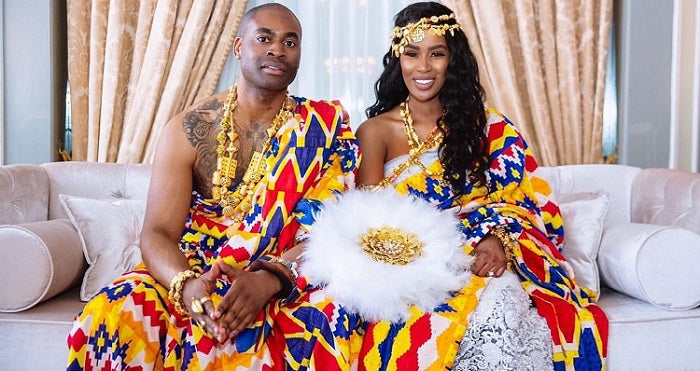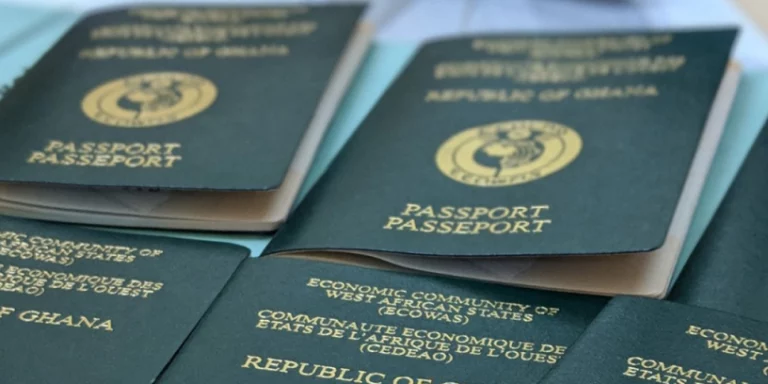Getting married in Ghana

Getting married in Ghana involves a legal process that requires adherence to certain procedures and requirements set by the country’s authorities. The Marriage Act, 1884 (Cap 127) and subsequent amendments govern marriage in Ghana. The process can vary based on the type of marriage you’re pursuing (customary or civil), so it’s important to consult official sources or legal professionals for the most accurate and up-to-date information. When a non-Ghanaian individual plans to marry a Ghanaian citizen in Ghana, the process involves certain legal and procedural steps to ensure the marriage is recognized and legally binding. The following is a general overview of the process for a non-Ghanaian marrying a Ghanaian in Ghana:
Choose the Type of Marriage:
In Ghana, there are two main types of marriages: customary marriages and civil marriages. Customary marriages involve traditional customs and practices, while civil marriages are legally recognized and conducted by a registrar.
Notice of Marriage:
For civil marriages, both parties must give notice of their intention to marry to the Registrar of Marriages in the district where at least one of the parties has resided for at least 21 days preceding the notice. The notice must be given in person.
Waiting Period:
After giving notice, there is a waiting period of 21 days before the marriage can take place. This waiting period allows for any objections to be raised if there are legal impediments to the marriage.
Requirements and Documentation:
Non-Ghanaian partner: Passport, birth certificate, and any other required documentation based on your nationality and legal status in Ghana (such as a residency permit).
Ghanaian partner: Proof of identity (passport, national ID card), birth certificate, and possibly parental consent if applicable.

Proof of identity (passport or national ID card)
Birth certificates.
If previously married, a divorce certificate or death certificate of the former spouse.
Parental consent if either party is below a certain age.
Registrar’s Interview:
Both parties must attend an interview with the registrar. This interview aims to verify the information provided and ensure that the marriage is entered into willingly and without coercion.
Declaration and Oath:
Both parties will be required to declare before the registrar that they are free to marry and have fulfilled all necessary requirements. They will also take an oath of allegiance.
Witnesses:
Two witnesses who are at least 21 years old and understand the language used during the ceremony must be present at the marriage.
Marriage Ceremony:
The marriage ceremony will take place at the office of the Registrar of Marriages. The registrar will officiate the ceremony, and the couple will exchange vows and sign the marriage register.
Marriage Certificate:
After the ceremony, the couple will be issued a marriage certificate, which serves as legal proof of the marriage.
Customary Marriages:
If the couple opts for a customary marriage, the procedures will depend on the specific cultural traditions of the Ghanaian partner. It’s important to follow local customs and consult with local authorities or cultural experts for guidance.
Registration:
For civil marriages, it’s important to ensure that the marriage is properly registered with the relevant authorities to ensure legal recognition.
It’s crucial to note that the marriage process and requirements can change over time, and the above steps provide a general overview. For the most accurate and up-to-date information, consult official government sources, such as the Registrar of Marriages, or seek legal advice tailored to your situation.

